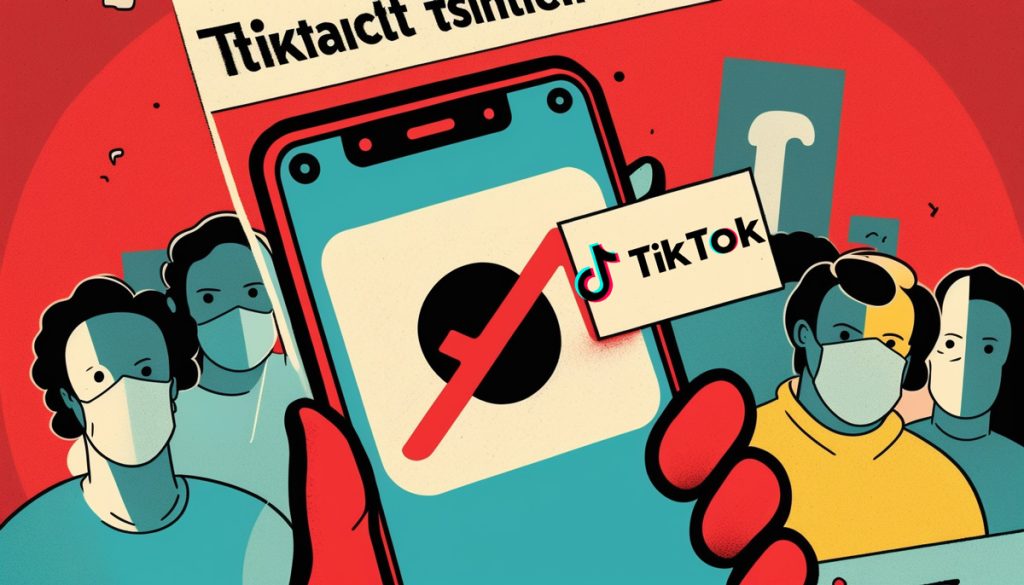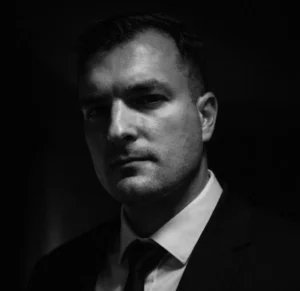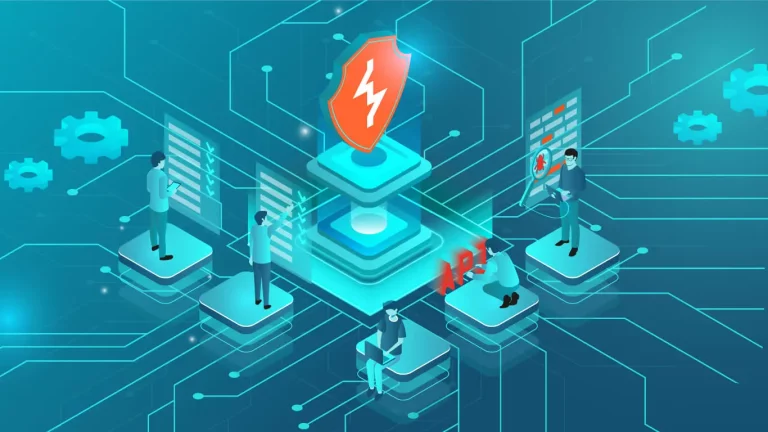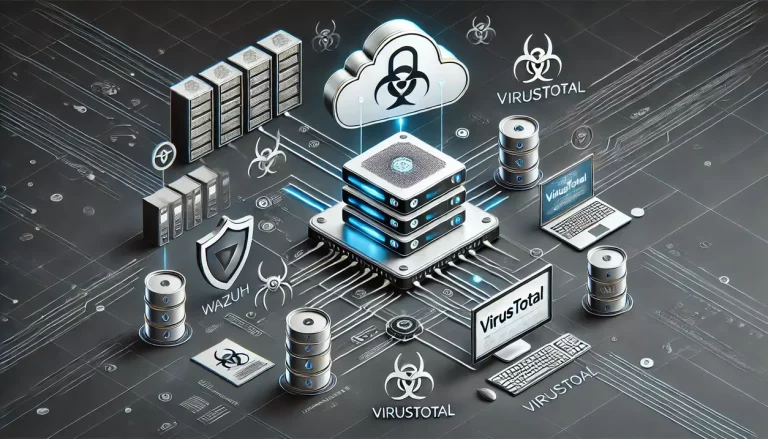Listen to the article.
Are you tired of scrolling through endless videos on TikTok? Have you ever wondered how secure your data is on this app? As a tech expert, I have some insights to share with you on how to delete your TikTok account and the potential privacy concerns you may encounter.
How to Delete Your TikTok Account
First things first, let’s talk about deleting your account. If you’re ready to say goodbye to TikTok, follow these simple steps:
- Open the app and go to your profile page.
- Click on the three dots in the top right corner.
- Select “Manage my account”.
- Scroll down and click on “Delete account”.
- Follow the on-screen instructions to confirm and delete your account.
Easy, right? But why would someone want to delete their TikTok account in the first place? Well, let me tell you about the privacy concerns surrounding this app.
The Concerns about TikTok Privacy Issues
TikTok has been in hot water over the past year for its data collection practices. The app has been accused of collecting and sharing user data with the Chinese government, which has raised concerns about national security.
In addition, TikTok has also faced criticism for its handling of user data, including how it uses facial recognition and tracks user activity.
But that’s not all. TikTok has also been accused of exposing user data to hackers. In fact, in January 2021, the app paid a $92 million settlement over a lawsuit that alleged TikTok had illegally collected user data and shared it with third-party advertisers.
Some Controversial Points On TikTok’s Content
One of the main criticisms of TikTok is that the content it displays to users in China is heavily censored and controlled by the government. This means that certain topics and viewpoints are not allowed on the platform, and users can be punished for sharing content that goes against the government’s policies.
In contrast, the content that TikTok displays to users in the West are generally freer and more open. However, this has also led to concerns about the spread of misinformation and harmful content on the platform.
For example, in the United States, TikTok has come under fire for its role in spreading misinformation about the COVID-19 pandemic. Some users have shared conspiracy theories and false information about the virus, which can be harmful to public health.
In addition, TikTok has also been criticized for its handling of content related to political issues, such as the Black Lives Matter movement. Some users have accused the platform of suppressing or censoring content related to these topics, while others have complained that TikTok allows harmful and offensive content to spread unchecked.
Overall, the controversy surrounding the different types of content that TikTok exposes its users to in China versus the West highlights the challenges that social media platforms face in balancing free expression with responsible content moderation.
As a user, it’s important to be aware of these issues and to use the platform responsibly, while also advocating for greater transparency and accountability from tech companies.
It is Already Being Banned From Governments
Governments around the world have become increasingly concerned about the potential security risks posed by the use of TikTok on government-issued devices. In the United States, for example, several government agencies have banned the use of TikTok on their employees’ devices, citing concerns about data privacy and security.
The concern is that TikTok’s data collection practices could allow the Chinese government to access sensitive information about government operations and personnel.
Critics have pointed to TikTok’s ownership by the Chinese company ByteDance as evidence of the potential risk, as well as the app’s use of facial recognition technology and its collection of data on users’ location and online activity.
In response to these concerns, some governments have taken action to restrict or ban the use of TikTok on government-issued devices. In addition to the United States, other countries that have implemented such policies include Australia, India, and Pakistan.
While these policies may seem extreme, they reflect the growing awareness of the potential risks associated with the use of social media apps in sensitive government environments.
As a result, it’s important for government workers and others in positions of responsibility to be aware of the potential risks and to take steps to safeguard their data and privacy.
This can include avoiding the use of certain apps on government-issued devices or using secure communication channels to protect sensitive information.
How to Protect Your Privacy While Using TikTok
So, what can you do to protect your privacy on TikTok? Here are some tips and tricks:
- Be mindful of the content you share. Avoid sharing personal information, such as your full name, phone number, or home address.
- Review your privacy settings. Go to the “Privacy and Safety” section in your profile and review the settings to make sure they align with your preferences.
- Limit your use of the app. The less time you spend on TikTok, the fewer data the app can collect about you.
- Consider deleting your account. If you’re concerned about your privacy, deleting your account is the most effective way to protect your data.
But wait, there’s more. Did you know that deleting your TikTok account isn’t as straightforward as it seems? That’s right, TikTok makes it a bit tricky to delete your account. For example, you have to wait 30 days before your account is permanently deleted.
Why? I have no idea, but I like to think it’s because they want to give you time to change your mind and come back to the app.
Wrapping it up
TikTok can be a fun app to use, but it’s important to be aware of the potential privacy concerns.
If you’re ready to say goodbye to TikTok, follow the steps above to delete your account and protect your data. And remember, if you change your mind, you have 30 days to come back to the app.





